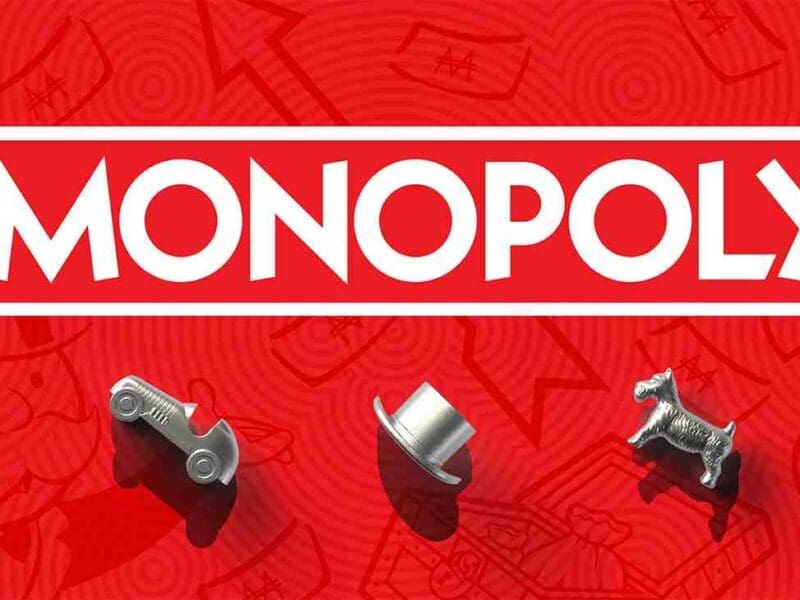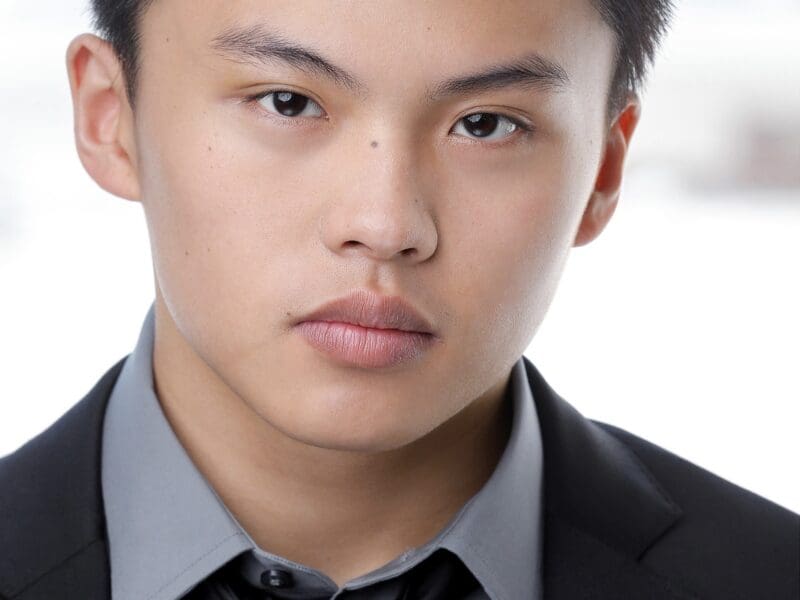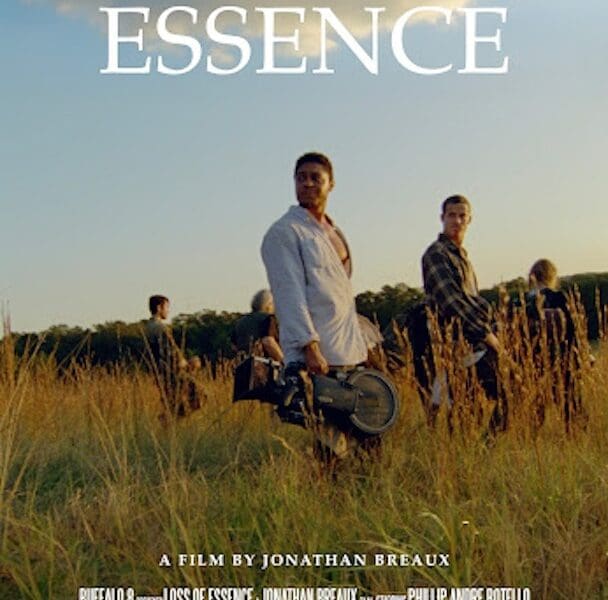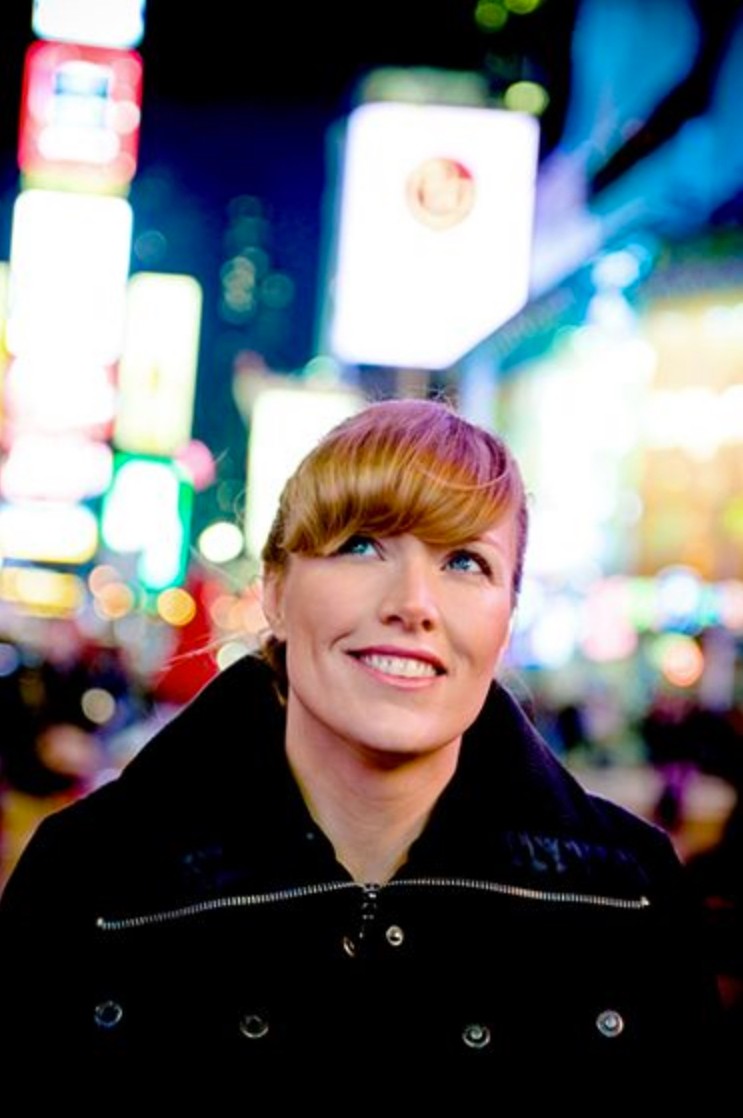
Filmmaker Jen Emma Hertel: Get to know her work
Jen Emma Hertel is impossible to categorize. She has dabbled in nearly every facet of show business and excelled in each of them. She graduated from NYU with a Master of Arts and sharpened her performing skills at the legendary Living Theater in New York. Since then, Hertel has gone on to produce four feature films, as well as several TV ads and shorts.
Hertel doubles as a successful playwright when she’s not behind the camera. Three of her written plays have been mounted, and her most recent work, Reform, is a harrowing look at the origins of the prison system.
Film Daily was lucky enough to chat with Jen Emma Hertel about her impressive career, her celebrity encounters, and her decision to tackle a story about prison reform in the current social climate.
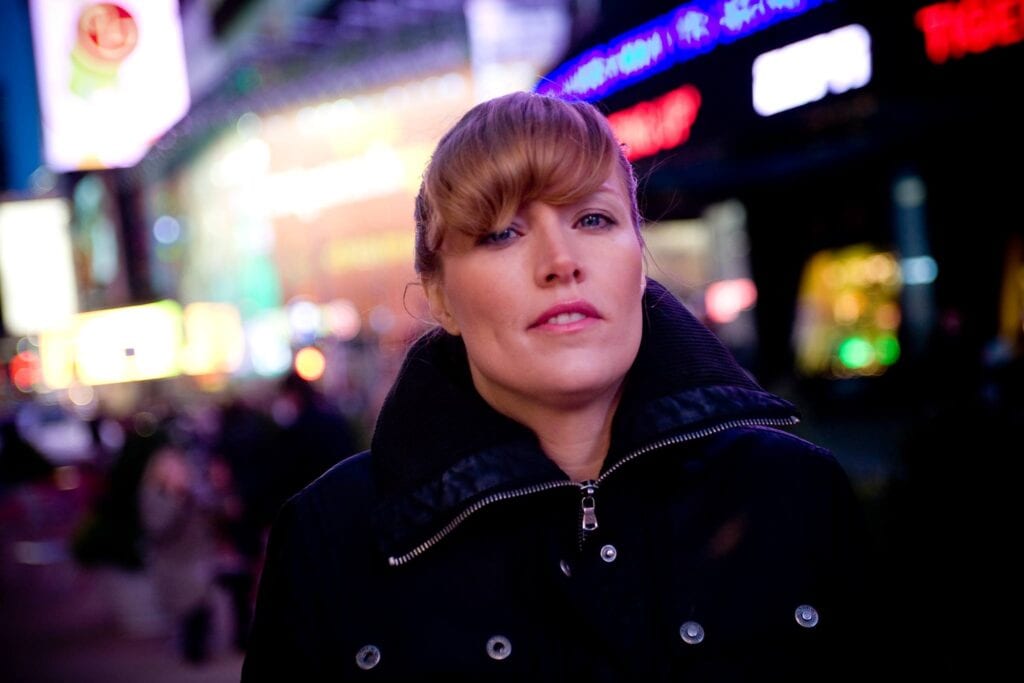
Tell us about your history as a producer? How did you start your journey?
I started producing officially after I received my Masters from NYU with NYLAHD and the TV pilot The Grind but my journey took years of working and acting on set as much as I could on basically any production job that’d hire me. I am not going to lie –I think I’ve done every job on set out there.
You worked as a TV stand-in early in your career. Did you learn anything as a stand-in that you later applied to producing?
I think so — though I didn’t understand the full extent of producing at the time -but I learned how big TV and Film productions work, how each department combines their efforts, and their day in and day out workflow. I also learned patience and the importance of quietness on a set, and to have time for a good laugh as well.
You performed as part of the Living Theater troupe in New York. How did your experience with the troupe shape your artistry?
Honestly, the Living Theatre changed everything for me as an artist. Judith Malina, my director, instilled the importance of rehearsal, getting to the essence of not only the scene, but of yourself as well and the profundity of performance, theater, politics, and life.
You have previously said that you were a musician before you took up producing. Does music still play a role in your career?
Yes it absolutely does –which surprises me –if I didn’t have my experience in the recording studio as a musician (I have recorded two albums with my band Juliet Echo) I wouldn’t be so efficient in post-production sessions and music choices/emotional choices.
What would you say is the most difficult part of being a producer?
I think it’s balancing large egos and the stress of the day in and day out with the lack of sleep!
Is it important for you to have a personal connection to the films and shows you produce?
Yes and no –I think I am open to reading/connecting to any story as long as there is something there in the script itself for me to connect to.
How much artistic input do you put into your productions? Does it vary depending on your collaborators?
I do consider myself a creative producer but I only advise/tweek/etc when I see holes in the script narratively or on a set I might suggest some tweaks to pop some aesthetic choice to make the story stronger — but this only happens if it’s not working.
Can you tell us about the stage play you recently wrote, Reform? What drew you to the topic of prison reform?
I am a big fan of American history and also am always trying to put my thumb on who we are as Americans, what made us this way, where we are going. In that, at some point, I read Democracy in America by Alexis de Tocqueville. This book was amazing to read because so much of what he wrote then still pertains to us now.
I was going to write a screenplay about Alexis and in my research I found out that he was actually in America to study the prison system here for post -democratic France. That intrigued me. I also was helping an attorney friend write letters to female prisoners about their experiences.
The founders of this country, like Benjamin Franklin, really did believe in reformation and original jails, like the Eastern Penitentiary in Philadelphia, was designed to reform a criminal. Obviously these lofty ideas then in a new democracy and the reality of today’s prison system was so striking –so I thought why not juxtapose these two worlds?
Reform covers ground that is both historic and relevant. How much did the current political climate impact the creative process?
The politics of today have a profound impact on me and my artistry — –at the end of Reform –I have the actors break the 4th wall and sit with the audience members to have a discussion about the topic of imprisonment/reformation/etc. I think if we did another run of it –it’d be really helpful to us to change things.
You’ve written three stage plays thus far. How does writing for stage differ from writing for film and television?
Stage writing is actually harder than screenwriting because there I feel there is more flexibility because of the rehearsal process, and you don’t have to be so worried about pushing the narrative forward like you do in TV/film.
Do you prefer producing to writing?
I wish I could lock myself in a room of my own and just write. But I also wish that I could be on set all the time…so glad I can do both.

What do you consider to be your best project to date?
The Grind –I love this project so much -it’s technically still in TV development.
Can you tell us about your upcoming film Junk?
Junk is a mystery asking the question of what is truth in the wake of a young woman’s disappearance. I have been saying it’s an art film with a narrative. I wanted the victim, based off of Teresa Halbach, to have a voice and to have her family have a voice as well.
Are there any other upcoming projects or plays that you can tell us about?
I am working on a few screenplays: one is a global kidnapping heist film, another is called Brothers about two brothers who fight and survive the war/march to Russian with Napoleon (so lots of research is involved in this), and another called Stone, about a family handling Parkinson’s which is based off of my experience with Parkinson’s (my father passed from it a year ago)
You have met countless celebrities throughout your career. Is there one celebrity encounter that stands out from the rest?
Penn Badgley playing piano and Paul Rudd, filming Wainy Days, at a Williamsburg thrift store costume change where Paul lost a very important ring and we, David the crew, the rest of cast, etc. (I was just doing background) all ended up trying to find it…thankfully we did!
Are there any actors or filmmakers you’d like to collaborate with?
Terrence Malick, David Fincher to name two. (I could go on!)
What is your favorite movie of all time?
Brazil.
Filmmaking is a notoriously tough business to break into. What advice do you have for aspiring writers and producers?
I would say just keep plugging away and take as many jobs as you can that you are presented with–always be working, and don’t get caught up in the hype of anything. Strive to make the best work you can.





